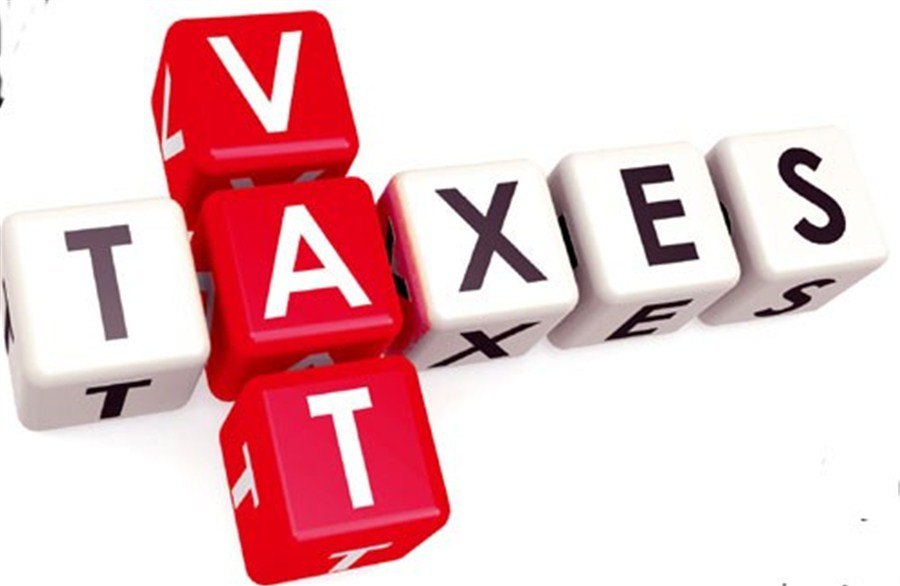07/09/2023
07/09/2023
‘No smoke without fire ‘

KUWAIT CITY, Sept 7: Despite the overwhelming popular opposition and the MPs’ warlike speeches that tickled the feelings of citizens so that they would not exhaust what remained of their popular balance, it seems that the issue of Value-Added Tax (VAT) is heading towards becoming a reality in Kuwait, like in other Gulf countries, to eat into citizens’ pockets and determine their consumption options in a new way that did not previously constitute a burden on their livelihood.
The daily looked into the VAT file from all its dimensions, including sampling the opinions of the street and experts in this field, particularly from Twitter, which is now known as “X”. They believe that the aspects of “no smoke without fire” and the “traditional” government method of raising the issue unofficially via social media initially to find out the public’s opinions about it and then implementing it, regardless of whether these opinions are for or against the matter, are known to everyone. Activist Fahad Jawad Al-Arbash posted on X that, “While I beg your pardon for I will write something that annoys you, the fact is that the people must know the truth. Will Value-Added Tax be applied in Kuwait, which means the consumer must pay a five percent cost on the goods and services he buys?” In the same post, he replied, “Yes, it will be implemented… It is strange that the parliamentarians know about this issue, but it turns out that they are afraid to talk. Or maybe some of them may not know!!”
Al-Arbash elaborated on VAT and the agreement among the Gulf Cooperation Council countries to implement VAT at a basic rate of five percent. The Unified Value Added Tax Agreement for the Cooperation Council of the Arabian States of the Gulf was published in the official gazette’s issue No. 3387 issued on October 6, 2018. Al-Arbash highlighted the unique political life that Kuwait enjoys compared to the Gulf states, where “the people are the source of powers”, due to which VAT is difficult to apply at the current time. He added, “It will be implemented because, as I mentioned, there is a Gulf agreement and it was signed by all the Gulf states.”
Arbash
Finally, Al-Abrash expressed his hope that some of the parliamentarians would have the courage to go public and explain the agreement. Meanwhile, many X-users said the VAT imposed on a citizen in a country must be matched by the services provided to him, which will cause its payment to be met with satisfaction as a way to increase and improve the quality of services. Under the current situation, it will be met with popular discontent, as it will be paid by citizens in the presence of rampant corruption and looting of public funds, including VAT, which will go into the pockets of the corrupt instead of returning it to citizens in the form of public services. In this regard, Dr. Ibrahim Al-Hamoud said VAT is borne by the consumer in full, while the merchant recovers the VAT he paid from the buyer by increasing the price of the commodity at the same tax rate, so all of it is transferred to the consumer.
Also, the journalist Dahem Al-Qahtani posted on X platform previously that, when the government leaked news about imposing VAT and the public debt law, the nation representatives confronted this news by issuing violent statements that suddenly appeared after a period of silence, in order to regain part of their lost popularity that had been eroded by their silence. He wrote, “They believe that citizens - employees and retirees - will be afraid of this news and say, “Let us accept our salaries.” They will not demand an increase. The Prime Minister and the ministers have KD 6,000 as an exceptional pension to be disbursed, and KD 3,000 as an exceptional pension to be disbursed in the event of retirement or resignation.”
Furthermore, a faculty member at the College of Basic Education Dr. Jalal Al-Rashed said, “There is absolutely no doubt that the entire VAT bill will be borne by the consumer alone! In the ancient countries with stable and ancient tax systems and strong and historically established parliaments, the talk about the citizens “paying_the_tax” of government mismanagement is very accurate. Yes, a citizen educates his children in the private sector, receives treatment in the private sector, and repairs his car due to the lax government’s negligence… all these taxes are not paid by citizens in countries that pay official taxes. This is one facet of the problem.” Also, Dr. Fahad Al-Samawi said, “You want to implement taxes to strengthen the budget. Start first with the profits tax - the high income tax. Start with those who have the most… start with those who benefit most… then finally come to those with the least income, exempting basic goods. If you want a sustainable economy, liberalize it… liberalize trade and lands.” In addition, Abdul-Rahman Al-Hadib wrote, “Yes, the VAT will post great harm to the livelihood of citizens, but it is necessary to approve the excise tax, as the excise tax is a consumption tax applied to specific goods that are considered harmful to human health in general, with the aim of reducing their consumption.” By Abdul Nasser Al-Aslami Al-Seyassah / Arab Times Staff


